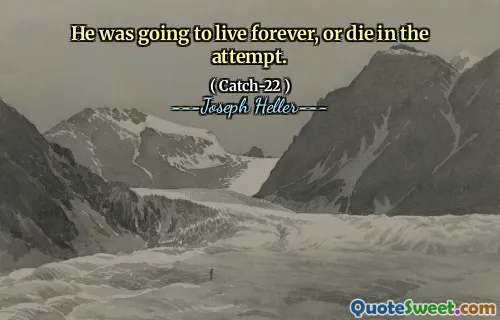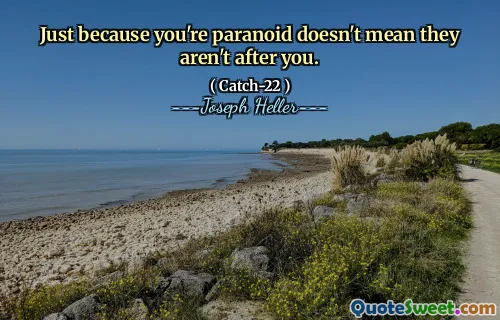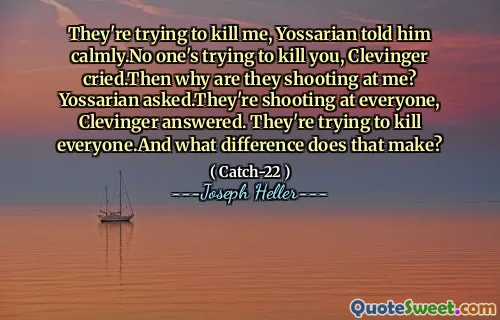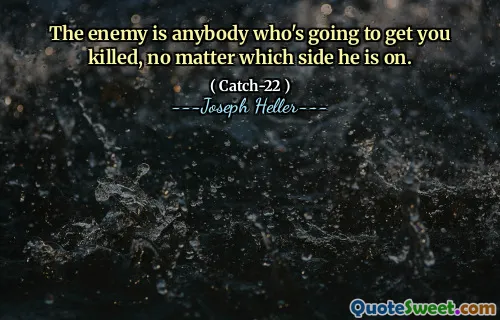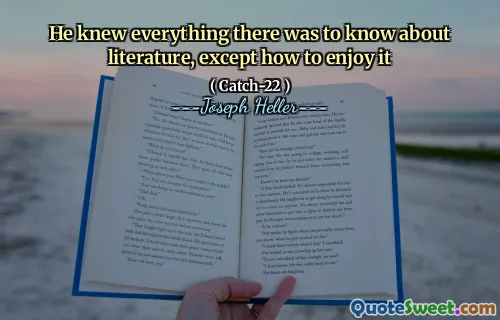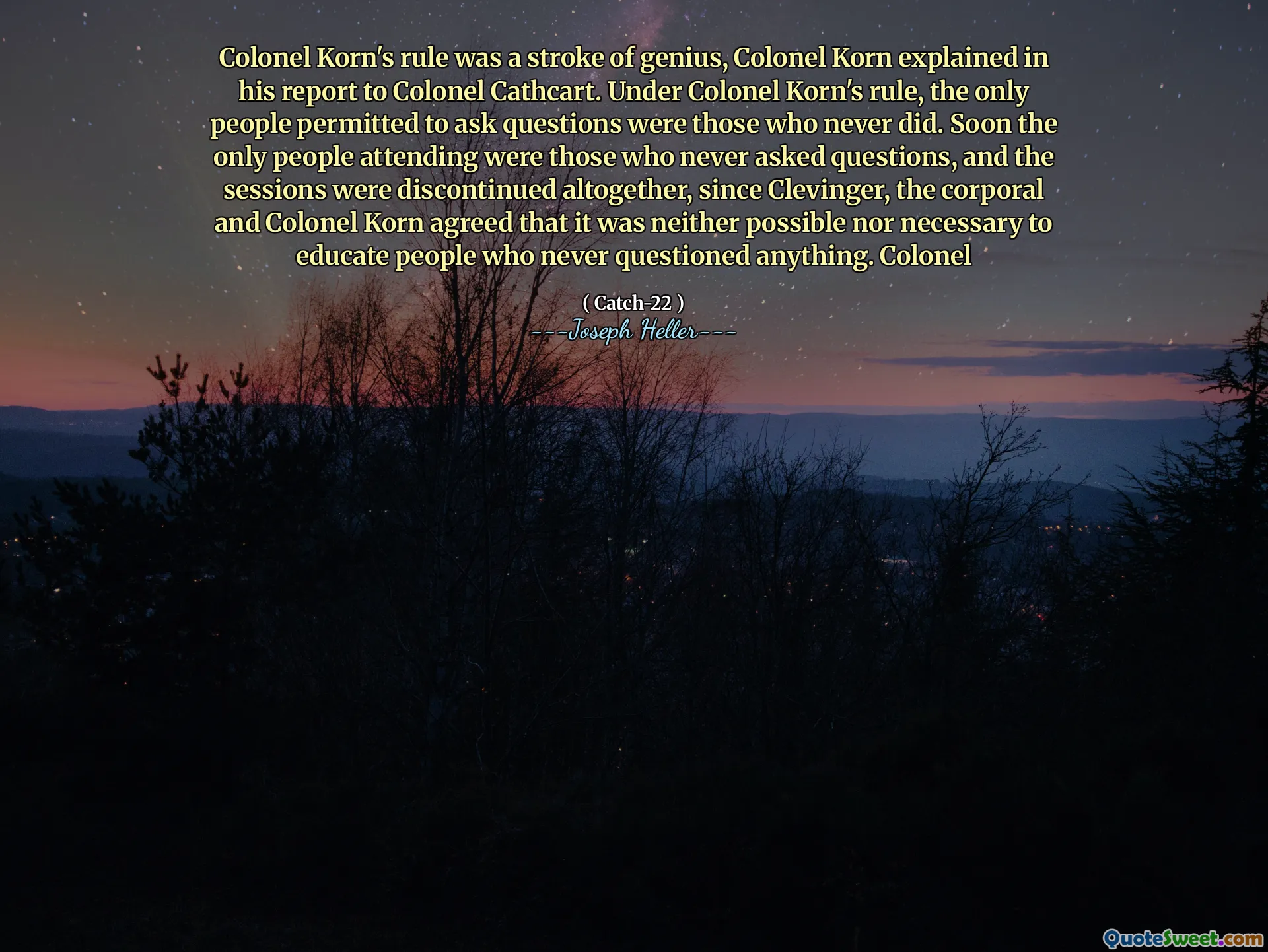
Colonel Korn's rule was a stroke of genius, Colonel Korn explained in his report to Colonel Cathcart. Under Colonel Korn's rule, the only people permitted to ask questions were those who never did. Soon the only people attending were those who never asked questions, and the sessions were discontinued altogether, since Clevinger, the corporal and Colonel Korn agreed that it was neither possible nor necessary to educate people who never questioned anything. Colonel
In Joseph Heller's "Catch-22," Colonel Korn introduces a clever rule that limits question-asking to those who never actually pose questions. This strategy quickly results in a scenario where the participants in discussions are those who typically abstain from inquiry, leading to the discontinuation of the sessions. The rationale behind this rule is that it is futile and unnecessary to educate individuals who show no curiosity or desire to learn.
The irony in Colonel Korn's approach highlights the absurdities of military bureaucracy. By eliminating questioning from serious discussion, he effectively ensures that no meaningful dialogue occurs, further reinforcing the idea that those in power often prefer conformity over critical thinking. This satirical take underscores the themes of absurdity and detachment present throughout the novel.
